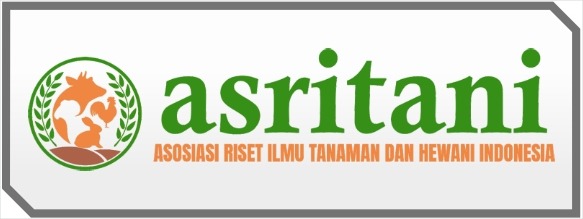Regional Policy and the Sustainable Development Agenda: A Literature Review of Implementation Practices in Eastern Indonesia
DOI:
https://doi.org/10.69930/jsi.v2i4.506Keywords:
Regional policy, sustainable development, green governance, policy implementation, Eastern IndonesiaAbstract
Sustainable development has become a primary framework for formulating public policy globally, but its implementation at the regional level, particularly in Eastern Indonesia, faces various structural and institutional capacity challenges. This study aims to analyze the implementation practices of regional policies that support the sustainable development agenda, focusing on institutional dynamics, the role of local governments, and the integration of green governance principles. The method used is a systematic literature review using the PRISMA approach, which identified and critically reviewed six national and five international articles published in the last five years, all openly accessible and with proven validity. The results of the study indicate that despite integrative efforts through strategic planning such as the RPJMD and other derivative documents, the implementation of sustainable development in the regions is still hampered by weak human resource capacity, overlapping authority between institutions, and suboptimal public participation. The study also found a gap between policy rhetoric and implementation on the ground, where the formal administrative approach has not fully adopted adaptive and inclusive principles in development governance. The study concludes that regional governance reform needs to be directed at strengthening institutions, participatory mechanisms, and data-driven planning and periodic evaluation as the foundation for transforming sustainable development policies at the local level.






















